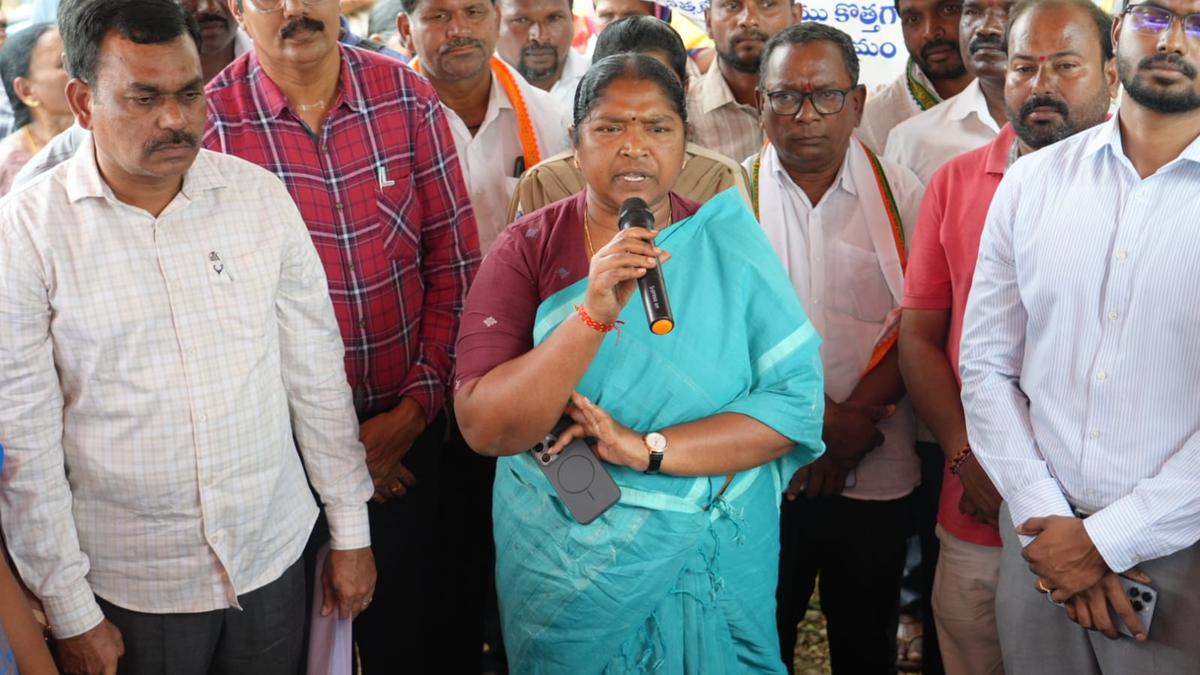Now Reading: Omega-3 Deficiency Linked to Higher Alzheimer’s Risk in Women
-
01
Omega-3 Deficiency Linked to Higher Alzheimer’s Risk in Women
Omega-3 Deficiency Linked to Higher Alzheimer’s Risk in Women

Swift Summary:
- New research suggests omega fatty acids might protect women against Alzheimer’s disease.
- An analysis of lipids (fat molecules) in blood found a significant loss of unsaturated fats, including omega fatty acids, in women with Alzheimer’s compared to healthy women. No similar difference was observed in men.
- women diagnosed with Alzheimer’s had higher levels of saturated (‘unhealthy’) lipids and lower levels of unsaturated (‘healthy’) lipids, suggesting sex-based differences in lipid biology related to the disease.
- The study involved 841 participants across three groups: those with Alzheimer’s, mild cognitive impairment, and cognitively healthy controls; data was gathered using mass spectrometry analysis on 700 lipid molecules from plasma samples.
- Researchers point to a potential causal link between fatty acid levels and Alzheimer’s but stress the need for clinical trials to confirm these findings.
- Recommendations include dietary intake of omega fatty acids through foods like fish or supplements for women while awaiting further validation through clinical studies.
- Future investigations will focus on understanding mechanisms behind this phenomenon and exploring ethnic diversity impacts.
Indian Opinion Analysis:
This study, conducted by researchers from King’s College London and Queen Mary University London, highlights striking biological sex differences that could reshape how Alzheimer’s is understood globally-and consequently influence public health strategies around prevention within India as well. Given the increasing prevalence of dementia among India’s aging population (affecting more than one million peopel), such research presents an chance for early dietary intervention targeting vulnerable groups like postmenopausal women.
Though, large-scale clinical trials are essential before recommending definitive changes at national scales or integrating them into healthcare practices across India’s diverse demographics. Further attention toward gender-sensitive approaches to mental health issues-including factors like education access or hormonal effects-could help refine local treatments while being inclusive across social strata.
As Indian scientists often collaborate internationally on neuroscience research funding gaps plus prioritization tools exist applying”omega-focused nutritional interventions locally any future discourse”Southeast Indo-Alzheimer male/female-country contrasted-observatories wide-deepening rely-holistic-science backed Hope!”























